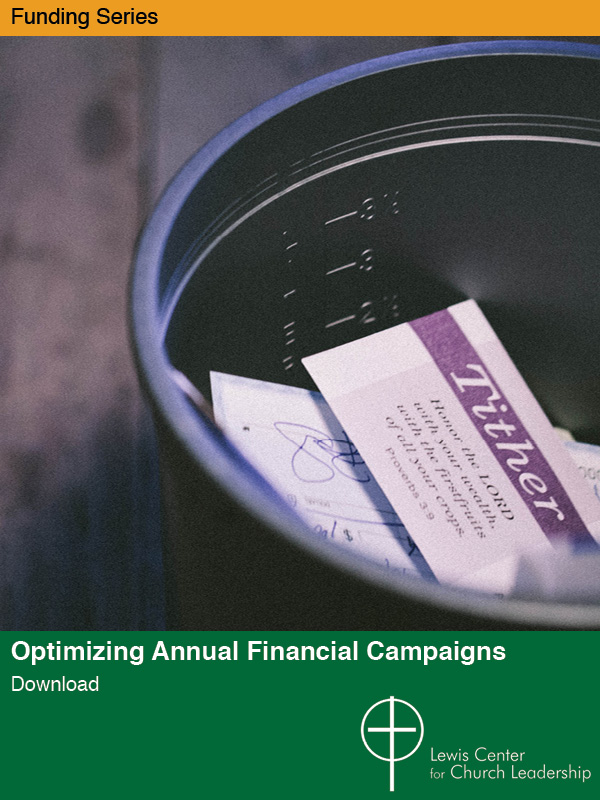Churches too often overlook younger adults when it comes to stewardship and giving. Ian Urriola outlines four ways churches can foster a culture of generosity among young people.
It’s stewardship season here in the U.S. The temperature is starting to cool down. The days are getting shorter. Pumpkin spice lattes are being consumed by the gallon. As we stare down the end of yet another fiscal year, many local churches and non-profit organizations are ramping up their annual financial campaign efforts.
Now, when we’re all thinking about budgets, spreadsheets, and pledge drives, is a good time to take a step back and talk about how we can do a better job of incorporating our young people into these vital ministry conversations. Here are four ways to foster a culture of generosity among young people.
1. Actually talk with them about financial stewardship.
Too often we overlook the ways that young people can benefit the church financially. The biblical understanding of stewardship is that God has entrusted every single one of us with numerous resources that we are called to dedicate towards furthering the reign of God. Stewardship is inextricably linked with discipleship. When we fail to have these conversations with our young people, we are actually inhibiting their growth as disciples of Jesus Christ.
2. Actually connect your ministry expenses to your church’s mission and vision.
I recently served a church that had embarked on a major capital campaign. Capital expenditures can often be seen as a necessary evil that takes money away from “real ministry.” How does installing a new boiler or renovating a building help the community we are called to serve? If we want to foster a culture of generosity with our young people, we need to be able to answer those questions. I’m so proud of the fact that this church framed their capital campaign in a way that every single line item pointed back to the church’s mission, vision, and values — and, yes, that included the new boiler.
3. Actually enable us to give.
If the only way your church takes donations is through cash or checks, you’re not going to get young people to give. I never have cash on me and whenever I need to write a check, I need to hunt through my house to find my checkbook. The vast majority of young people in the U.S. have been making their purchases exclusively with plastic for years. With the advent of apps like Venmo, even physical credit cards may be going the way of the dinosaur in the next couple of years. If we’re not making purchases with cash, why should we be expected to use cash to make financial contributions?
Luckily, implementing alternative forms of giving has never been easier. It could be as simple as having someone outside of worship with a smartphone connected to a Square device that people can use to make a donation.
4. Actually honor our gifts when we do give.
Your church is probably not going to receive major gifts from young people. Between the steadily rising cost of living, student loan payments, and a bleak job market, the chance is pretty slim that a person between the ages of 18 and 35 will have a spare $50,000 to give to your church. But that doesn’t mean you shouldn’t honor equally every gift from every person. You can seek out the young people who do give and ask them to share their stories of why they give and what the ministry of the church means to them. You can print out and laminate cards that say “I Give Electronically” and put them in your pews so that those who contribute that way can participate in the act of offering during worship. This isn’t about appeasing a selfish generation who craves attention and the spotlight, but rather about properly recognizing the commitments our young people are already making in our churches.
Fostering a culture of generosity among young people doesn’t have to be hard. Young people want to give to worthy causes. By including us in the conversations, framing ministry expenses in a missional way, enabling us to give in the ways that make the most sense for us, and honoring the gifts we make, the church can help us — and we can help the church! — live more fully into this part of our call to discipleship.
This article originally appeared as a blog post published by the Young People’s Ministry division of Discipleship Ministries. Used by permission.






